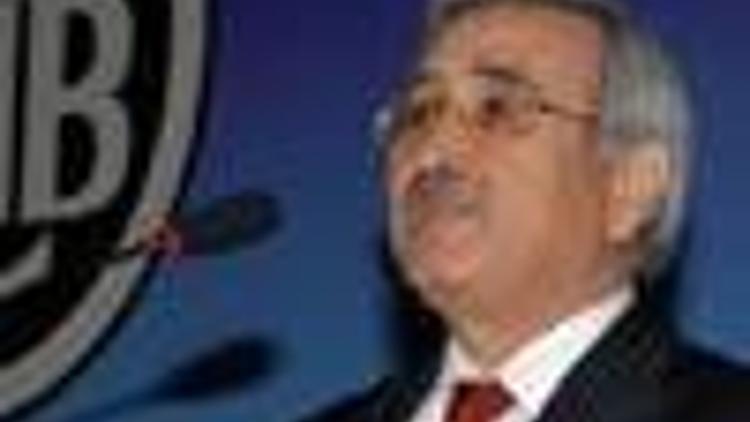Turkish CB increases 2008 year-end inflation expectation to 11 pct
Güncelleme Tarihi:

Turkey’s 2008 year-end inflation expectation has been revised up to 11.1 percent on the recent developments on foreign currency prices that has directly affect the country’s inflation, the central bank governor said on Friday. (UPDATED)
"We expect fluctuations in foreign exchange rates to have a direct upward effect on the yearly inflation rates and push it up by 1.2 in 2008 and 1.5 in 2009," said Yilmaz. � The lira was traded at 1.58 against the U.S. dollar on Friday compared to last month's 1.23. A weaker currency increases the price of imported goods and can contribute to inflation.� Yilmaz also said they also revised their inflation rate projections in the light of falling oil prices and soaring electricity and natural gas prices, noting that the latter partly reduced the positive effects of the former. Yilmaz said inflation would be in a range of 6.1-9.1 percent in 2009 and 4.3-7.9 percent in 2010. Inflation was expected to fall to 5.4 percent as of the third quarter of 2011. Yilmaz said they made no revisions in their mid-term inflation rate targets and pointed out that a flexible monetary policy should be maintained in the current conjuncture full of uncertainties. GROWTH RATE Turning to relations with the International Monetary Fund (IMF), Yilmaz said Turkey needed an external anchor to press ahead with economic reforms. Turkey has yet to decide whether it will sign a precautionary standby deal with the IMF, as urged by business leaders. The country's previous $10 billion stand-by deal -- which stipulated conditions related to loans -- expired in May. The government said it would not welcome excessive spending curbs imposed on Turkey by the IMF. The central bank, which left its key borrowing rate at 16.75 percent this month but trimmed the lending rate to 19.75 percent, was closely monitoring the impact of the rising risk premium on pricing behavior, Yilmaz said. It also said gas and electricity price hikes were expected to push October inflation up by 0.27 percentage points.
Yilmaz said the government's 4 percent growth for 2009 could be missed given the condition of the world economy. Growth slowed to 1.9 percent in the second quarter from rates of nearly 7 percent in recent years.
�

